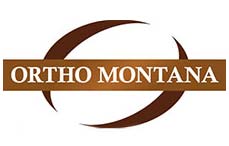 Meniscectomy, Chondroplasty Microfracture (Meniscus Repair, Knee Scope)
Meniscectomy, Chondroplasty Microfracture (Meniscus Repair, Knee Scope)
Knee arthroscopy refers to the use of an arthroscope to examine the tissues in and around the knee for general damage and to repair specific injuries. For example, a torn meniscus is a common injury and one that your surgeon can repair arthroscopically if the meniscus will not heal on its own.







